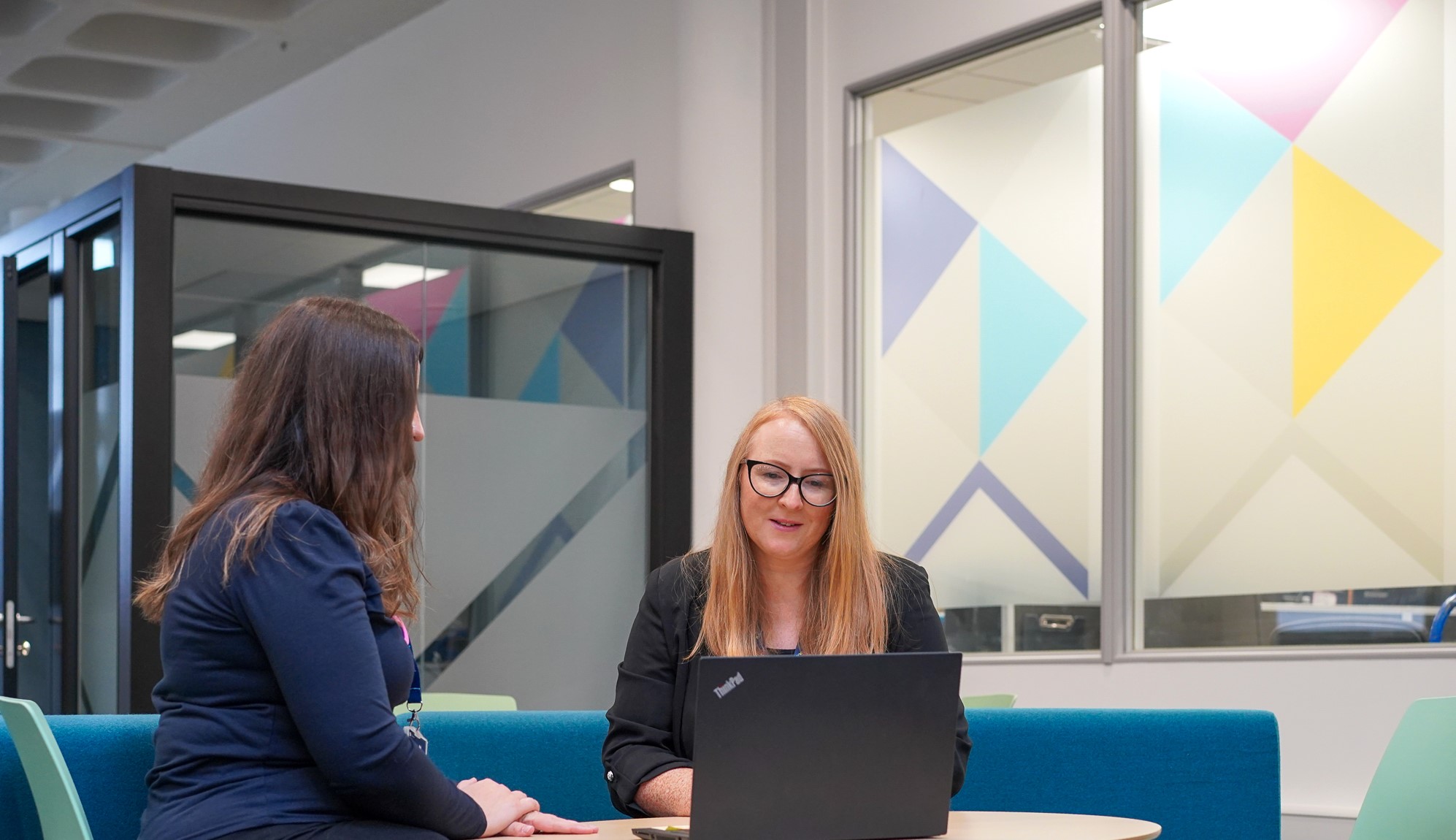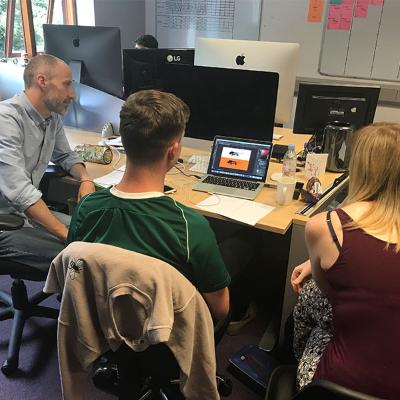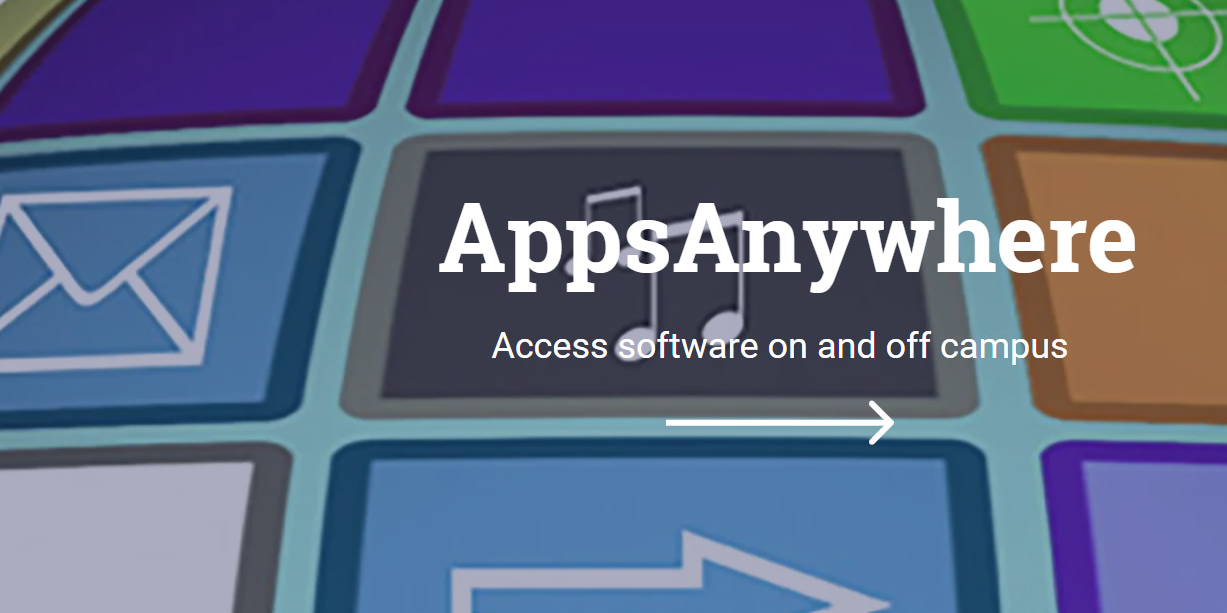
ADH(D)
What is AD(H)D?
Attention Deficit (Hyperactivity) Disorder, or AD(H)D, is a neurological difference that influences how a person focuses, processes information, and responds to their environment. Individuals with AD(H)D often demonstrate high energy, creativity, and originality, and many excel in dynamic settings that allow for movement and variety. While some may experience restlessness or find it challenging to maintain concentration, especially in highly structured environments, others benefit from tailored strategies that align with their strengths in big-picture thinking, spontaneity, and innovation.
AD(H)D may include traits like hyperactivity, distractibility, or impulsiveness—but each person’s experience is unique. It can occur independently or alongside other learning differences such as dyslexia. With the right supports—like flexible learning methods, coaching techniques, and tech tools—individuals with AD(H)D can flourish academically and personally, using their natural enthusiasm and out-of-the-box thinking to drive meaningful contributions.
-
You may thrive with structured tools and reminders to support time management and deadlines, helping channel your energy into productive routines and outcomes.
-
Concentration can be boosted through interactive and varied learning methods—techniques that tap into your curiosity and allow space for movement can make studying more engaging.
-
You're a natural risk-taker, which can fuel bold ideas and original thinking. Building awareness around consequences helps refine decision-making while preserving your adventurous spirit.
-
Student accommodation offers vibrant social opportunities, and students with AD(H)D often bring enthusiasm, spontaneity, and connectivity to shared spaces. With some planning and boundaries, you can balance fun with focus.
-
Your writing may reflect wide-ranging and imaginative thinking—using visual planners or templates can help shape your thoughts into a cohesive narrative while preserving creativity.
-
Physical restlessness is common in lecture settings. Strategies like using fidget tools, movement breaks, or alternative seating can support comfort and concentration while respecting your natural energy.
-
People with AD(H)D are often highly inventive and solution-oriented, bringing fresh perspectives and ideas that others might not consider. This creativity is a powerful asset in both academic and personal spaces.
-
Visualising the “big picture” through past assignment examples can support focused, goal-oriented thinking and help guide your creativity toward clear outcomes.
-
Time management skills can be enhanced with personalised strategies.
-
Alternating between written and practical work allows you to maintain engagement and make the most of your dynamic learning style.
-
Regular exercise and movement breaks can boost focus and provide an outlet for natural energy, helping to reduce restlessness.
-
Working in short, structured bursts with breaks taps into your ability to sustain focused effort when tasks are clearly defined.
-
Some learners concentrate best in stimulating environments—a workspace that includes noise or opportunities for verbal processing can help you stay on track.
-
Talking through ideas with others—whether in a study group or with a friend—can clarify your thinking and improve how you structure your work.
-
Technology tools like mind-mapping apps, dictation software, alarms, and reminders can keep you organised and allow ideas to flow freely.
-
Many people find that healthy eating habits support their energy and concentration. Exploring your ideal fuel can make a noticeable difference.
-
While routine-building may be a challenge for impulsive thinkers, flexible, empowering structures can bring clarity and reduce decision fatigue.
ADHD
Find here a list of UK-based external support links.
ADHD & Autism Clinic – University Survival Guide
-
Practical strategies for managing ADHD at university:
-
Structured study schedules and digital planners
-
Active learning techniques to boost engagement
-
Emotional regulation tips for academic pressure
-
-
Encourages early disclosure to disability services for tailored support
Complete University Guide – ADHD Student Toolkit
-
A full guide from application to graduation:
-
How to choose ADHD-friendly universities
-
Questions to ask disability support teams
-
Time management tools and application timelines
-
-
Highlights campaigns like #AttentionUK to raise awareness and improve provision
Diverse Diagnostics – ADHD Study Tips
-
Offers 10 actionable study tips:
-
Break tasks into chunks
-
Use visual reminders and timers
-
Prioritise rest and mental health
-
-
Encourages students to seek professional support early


/prod01/wlvacuk/media/departments/digital-content-and-communications/images-2024/Architecture-students-tree-planting.png)
/prod01/wlvacuk/media/departments/digital-content-and-communications/images-2024/250630-SciFest-1-group-photo-resized-800x450.png)
/prod01/wlvacuk/media/departments/digital-content-and-communications/submitted-news-images/Way-youth-zone-August.JPG)
/prod01/wlvacuk/media/departments/digital-content-and-communications/images-2024/Arthi-Arunasalam-teaser.jpg)
/prod01/wlvacuk/media/departments/digital-content-and-communications/submitted-news-images/Muslim-woman-playing-football.jpg)
/prod01/wlvacuk/media/departments/digital-content-and-communications/submitted-news-images/Business-School-800x450.jpg)
/prod01/wlvacuk/media/departments/digital-content-and-communications/submitted-news-images/University-of-the-Year.jpg)

